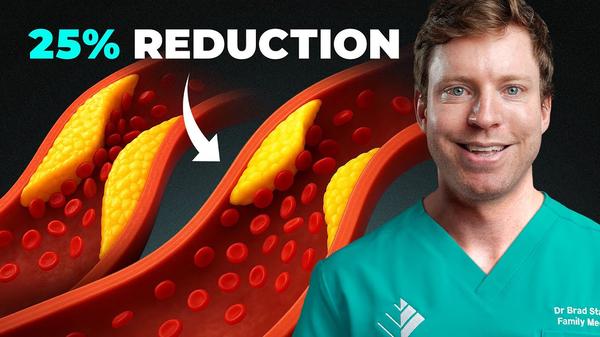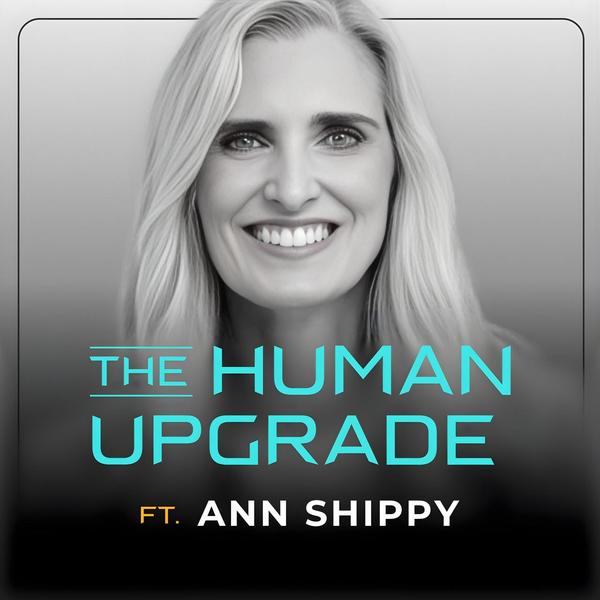
New Studies Reveal the BEST Type of Intermittent Fasting
Brad Stanfield
Jan 7, 2025
Mindsip insights from this episode:
Front-load daily calories for better blood sugar control
Our bodies are better at processing food earlier in the day, which results in lower blood sugar levels after breakfast than after dinner.
Monitor heart rate after late meals for better recovery
Using a smartwatch, you can observe that a late, heavy dinner keeps your overnight heart rate higher, indicating poorer recovery.
Prioritize early dinner to enhance eating habits
Instead of focusing on the length of your eating window, the most important factor is when it ends, aiming for an early dinner.
Question time-restricted feeding's impact on human autophagy
We currently lack evidence that time-restricted feeding triggers autophagy in humans in the same way it does for rodents.
Recognize fasting benefits as calorie reduction only
A 2021 Cochrane meta-analysis found that when calorie intake is matched, time-restricted feeding offers no extra benefits for weight loss or blood sugar.
Avoid multi-day fasts to preserve muscle mass
Avoid multi-day fasts because of their negative impact on muscle mass, which is difficult to rebuild.
Supplement with TMG to boost strength and endurance during workouts
The speaker takes TMG (trimethylglycine) to enhance strength, power, and endurance in combination with exercise.
Eat early to enhance sleep quality
Eating an early, light dinner improves sleep quality by allowing your body to focus on repair instead of digestion.
More from
Brad Stanfield
You also might be interested in
Dr. Casey Means: Eat like THIS to reduce your Risk of Metabolic Disease!
Biohacking Fertility for Men and Women at Any Age
Improve Energy & Longevity by Optimizing Mitochondria | Dr. Martin Picard
Dr. Casey Means: Stop Ignoring Your Health — Do These 5 Free Tests!
The Untold Science Of Vibration Therapy & The “BioDrive” Breakthrough That Regulates Your Mind and Body, With Dr. Mike North















